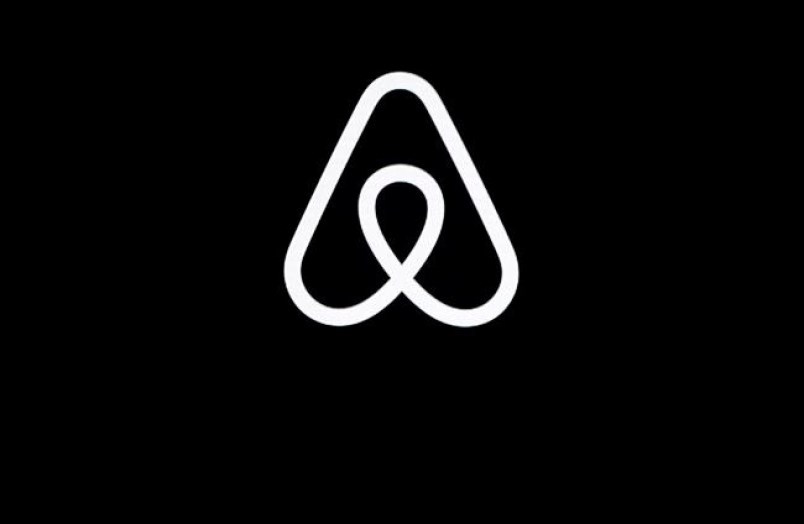TORONTO — Just days after the discovery of a large party in one of its rental properties, Airbnb says it has a plan to curb New Year’s Eve parties this year while Canada works to slow the spread of the COVID-19 virus.
In addition to its ongoing ban on parties, Airbnb now says guests will need a history of positive reviews on its app to reserve an entire home for New Year’s Eve in Canada. The policy also extends to the U.S., Mexico, Australia, the U.K., France and Spain.
"We believe this plan will help prevent large gatherings while supporting the type of safe, responsible travel that benefits guests, hosts and the neighbourhoods they call home," the company said.
Airbnb is making an exception for one-night bookings made up to Tuesday, based on data that suggest bookings made before early December rarely involve parties.
The app is loosening its standards from a similar policy on Halloween by allowing users with previous positive reviews to book a home for one night. Although the Halloween booking restriction was successful, Airbnb said it changed tack after feedback from hosts in the U.S. and Canada.
Airbnb also said it will put more stringent policies in place as the new year nears, by using technology that blocks certain kinds of last-minute bookings. Users without past positive reviews, who look to book a nearby home at the last minute, will be targeted by the app.
Anyone booking through the app will also have to agree not to throw an unauthorized party before booking, the company said. The company also has plans to staff a command centre with "trained safety agents" throughout the night on New Year’s Eve, to "get ahead of any issues."
Airbnb’s announcement comes after Peel Police Deputy Chief Marc Andrews said a short-term rental unit was the site of a 60-person party this past weekend, resulting in thousands of dollars in fines to partiers who violated COVID-19 restrictions.
"Airbnb bans parties, and the reported behaviour is outrageous," said Airbnb policy spokesman Nathan Rotman of the weekend's party bust.
"We are in touch with Mississauga officials to offer our support and have suspended the listing as we investigate further."
The city of Toronto is also limiting short-term rental bookings as part of the province's grey lockdown period, which started on Nov. 23, said Alex Burke, a senior communications adviser for the City of Toronto. Toronto is allowing short-term rental reservations made before Nov. 22, but banning any new bookings in the city except for those in need of housing. The Peel region also falls under the grey lockdown rules on short-term rentals.
The lockdown stage, which is in place for at least 28 days, also means people are advised to limit contact to members of their household and only leave home for essential activities, said Burke.
"Airbnb’s efforts to limit bookings to curb New Year's Eve parties this year further these goals and will help protect our community during the COVID-19 pandemic," Burke said.
Toronto was one of Airbnb's top 10 cities by revenue last year, according to the company's public offering documents, and the city has been cracking down on short-term rentals by making hosts register and agree to certain rules.
In a Thursday webinar about Airbnb's upcoming IPO and regulations to ensure affordable housing in Canada, some local advocacy groups were critical of the company's efforts. JJ Fueser, a member of the group Fairbnb Canada, said the company has not been doing enough to prevent large gatherings during the pandemic.
"Airbnb says they no longer rent party houses, but every other day you find them delisting a hundred units in one city or another," said Dale Carlson, a member of the similar U.S. group Share Better, which has been monitoring a lawsuit about a shooting at a Halloween party in California.
Fueser did not directly address the New Year's policy released by Airbnb Thursday. But when asked about potential liability for the company around "superspreader" parties, Fueser said her group is pushing Canadian lawmakers to make sure there won't be any loopholes in the rules for Airbnbs.
"It's going to be interesting to watch," said Carlson.
This report by The Canadian Press was first published Dec. 3, 2020.



